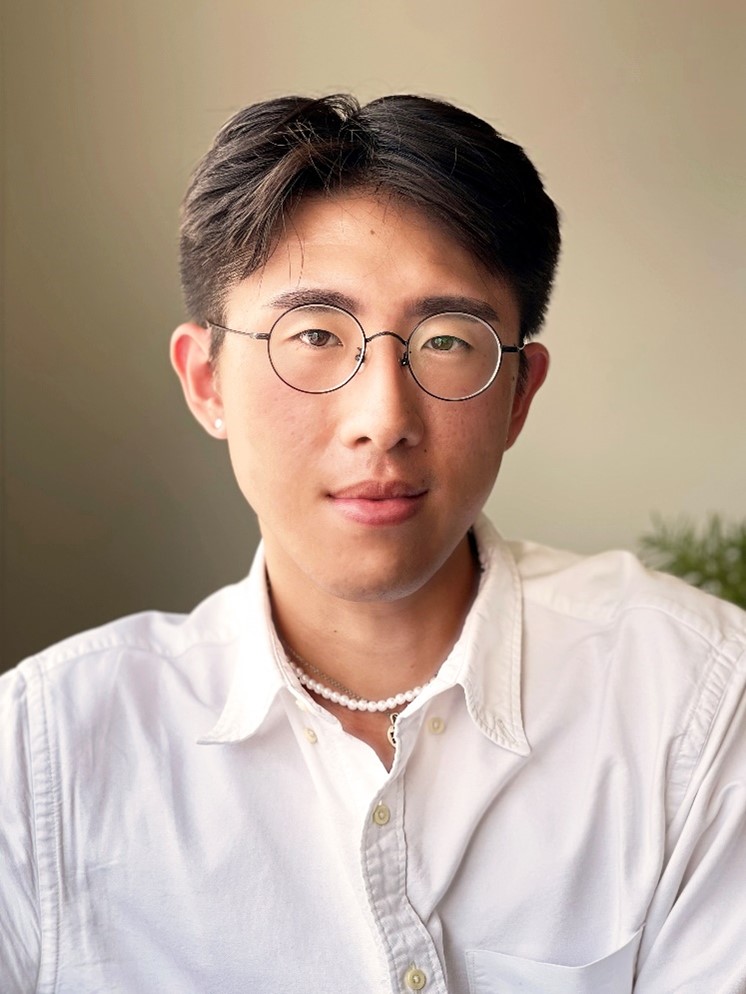Dylan Chng Wins the Outstanding Undergraduate Researcher Prize
July 22, 2022
The Honours Thesis is a research project undertaken by some 4th-year ELTS majors. This year, our student Dylan Chng was awarded the Outstanding Undergraduate Researcher Prize for his Honour Thesis on “horror storytelling.” We speak to Dylan about his thesis and future plans.

What is your thesis about and what are one or two ideas in your thesis that you are happy with?
I wrote about collaborative horror storytelling on various social media. My thesis posited that the horror engendered by creepypastas, r/NoSleep, and other similar transmedial formats is unlike that of “conventional” horror literature. Whereas readers typically encounter the latter as books and at relative distance, social media horror pronounces a more immediate, participative experience, mediated both by digital network technologies and the human relationships we form thereby. Through close readings of comments sections, my thesis proposed a theory of how this socially mediated horror concomitantly simulates the reader’s (and author’s) “descent” into the horrific world of the text and the horrific textual world’s “leakage” into reality. Out of everything, I’m happiest with a one-liner in my conclusion proposing the possibility of a methodology whereby to contemplate transmedial reading via a notion of interface—that is, of the human reader and the entirety of the digital text, whatever this implies.
How did you come to choose this topic?
I grew up reading horror and effectively migrated alongside these horror stories into cyberspace; to literary scholarship, the virtual campfire remains exciting terra incognita. I was primarily curious about why horror stories seemed somehow more horrific on the Web—scarier and realer—than in books. Literary training told me it might be something to do with the medium: Web users produced and consumed horror stories in ways that interacted curiously with the innately esoteric Web/Net infrastructure. The HT was an opportunity to pursue this inkling rigorously.
Can you share about your experience of writing the thesis?
Writing the thesis wasn’t easy, but nothing you’re invested in ever truly is. It was exciting both to explore the limits of my ideas and to imagine how they might develop in the future. For me, it was all this latent possibility—and the desire to make the most of it—from which the pressure emerged. I think that’s great.
What advice would you give to students who also wish to write a thesis?
Three key principles: organised work begets organised thought, your supervisor is part of your support system (thank you Dr Beryl Pong!), write about what you enjoy.
You will be graduating this year. What are your plans for the future?
I hope to start graduate studies by 2024; I have plans for research synthesizing topics in literature, new media, transhumanism, and the digital humanities. Currently, I’m working on an online art history course as a Department of History Research Assistant. I’m also juggling various personal and (semi-)professional projects. Things are hectic but also exciting.
What is your biggest takeaway from your time in NUS?
Technically, I’ll be here for another year, but when I eventually make a move, I’ll cherish most the vibrant connections I’ve made with vibrant minds, including my teachers.

